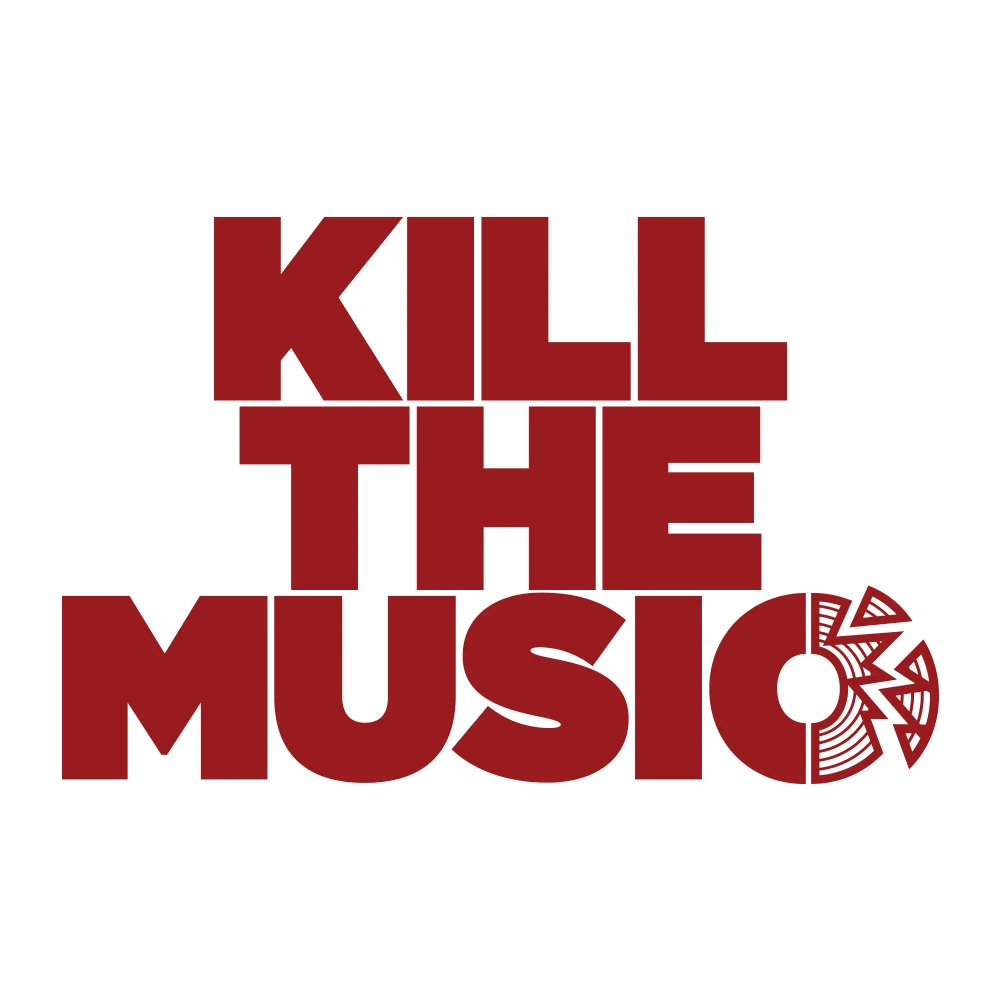The meaning behind A Quarter and a Dream Pictures, spawns from three different areas in Sareth Ney’s life. First, it pays homage to his parents’ journey from Cambodia to America. Second, it was the day he met his favorite imaginer, Clive Barker, for the first time. Third, it was the budget for his award-winning short-film, “The Narcoleptics”.
Tell us a little about yourself and your experience.
My name is Sareth Ney and I’m a concert journalist. I have a superhero alter-ego, like Superman and Spiderman. He goes by Wu-Man Chu and is inspired by the Wu-Tang Clan. If you’d like to know more about me, please visit my website at www.aqdpi.com.
My journalism career was born at Colorado State University-Pueblo, raised on the Sunset Strip and currently on a world tour. I’ve written concert articles from at least one artist from the 60s, 70s, 80s, 90s, 2000s and 2010s. I have written a minimum of 150 concert articles in the Pacific and Mountain Time zones. I plan to do the same for the Eastern, Central and Greenwich Mean Time Zones too.
What drove you to choose your career path?
I remember my journalism professor granting me my first press credential to cover 3OH!3, in my hometown. It was for the university’s online newspaper, csupueblotoday.com. I was able to film the interview, transcribe the interview and write a review for it. I wanted to feel that rush again and two years later, I went back to my roots.
How did you go about getting your job? What kind of education and experience did you need?
The first publication I wrote for was examiner.com. I found the job on LinkedIn.com. I no longer write for them. When I wrote for them, I built great relationships with various public relations firms. I now write for my own website, aqdpi.com. It was an easy transition to go independent.
The education I needed was obtaining a journalism degree. I received mine from Colorado State University-Pueblo. The experiences I recommend is writing about your concert experiences and submitting them to your college newspaper. It helps out a lot.
What do you actually spend the majority of your time doing?
I spend the majority of my time updating my website and editing video interviews I conducted.
What misconceptions do people often have about your job?
People often think I get to hang out with the bands backstage at every show.
What are your average work hours?
I would say ten hours a week or less.
What personal tips and shortcuts have made your job easier?
I don’t edit any of my photos. What you see is what you get. I don’t have time to make them look perfect via photo editing software. I think musicians look perfect just the way they are.
As for shortcuts, I don’t have any. I know this sounds cliché but life’s a journey, not a destination.
What do you do differently from your coworkers or peers in the same profession?
I remain a true school journalist. I write with a pen and in a journal, at every show. It gets looked down upon in the photo pit. I don’t want to look like the next guy on his cell phone typing notes. It looks like the average Joe texting. Artists have taken notice, while performing on stage. Filter’s vocalist, Richard Patrick, noticed me. He took my pen and journal out of my hand, when I was writing and he was performing. He autographed it and handed it right back to me. It happened when Filter performed at The Roxy Theater, in Los Angeles. Slimkid3, formerly of The Pharcyde, did the same thing at the Malibu Inn.
Do you have any advice for people who need to enlist your services?
Please spell my name right and don’t call me “Seth” or “Sarah”. Also, don’t address me by my last name. These things happen all the time and they are annoying.
What's the worst part of the job and how do you deal with it?
My only complaint is when some of the venues give me a hard time. I request for the contact info of the tour managers and text them, if I run into issues.
What's the most enjoyable part of the job?
The most enjoyable part of my job is a lot of things. I love writing a local band’s first article, asking for their first autographs and/or writing about their first concert. It is rewarding. They are helping with my career and I am honored to help them with theirs.
What kind of money can one expect to make at your job?
What money? Haha! I’ll figure that out someday. I do it for the love of live music and not the money.
How do you move up in your field?
The best way to move up is leaving personal thoughts out of a review. Negative and positive remarks seem biased to me. Journalists and bloggers need to look at it from my point of view. You are helping build their careers, as they are with you. Plus, it takes a lot of courage to get on stage in front of people. It could be one person in the room or thousands in an arena.
What advice would you give to those aspiring to join your profession?
Write with integrity, remain unbiased and truthful. Develop your own style, like Hunter S. Thompson. Become a superhero/journalist, like Superman and Spiderman. Go out there, grab the world by the balls and have fun.

